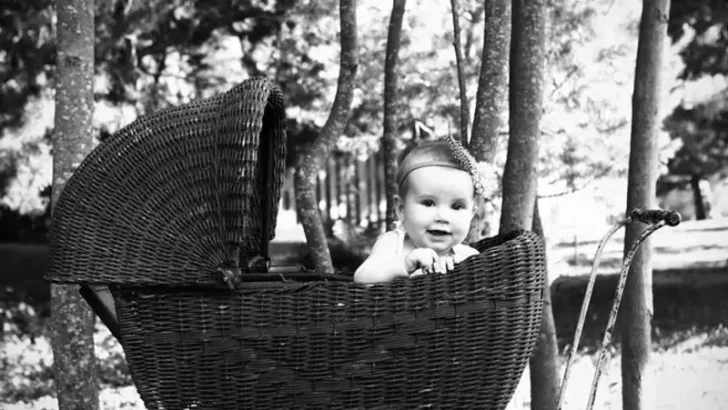Explore a collection of vintage baby names that once adorned birth certificates and echoed through playgrounds but have since slipped from favor. Their charm may endure in memories, but these names have fallen out of style as modern parents seek fresh monikers.
1. Agnes
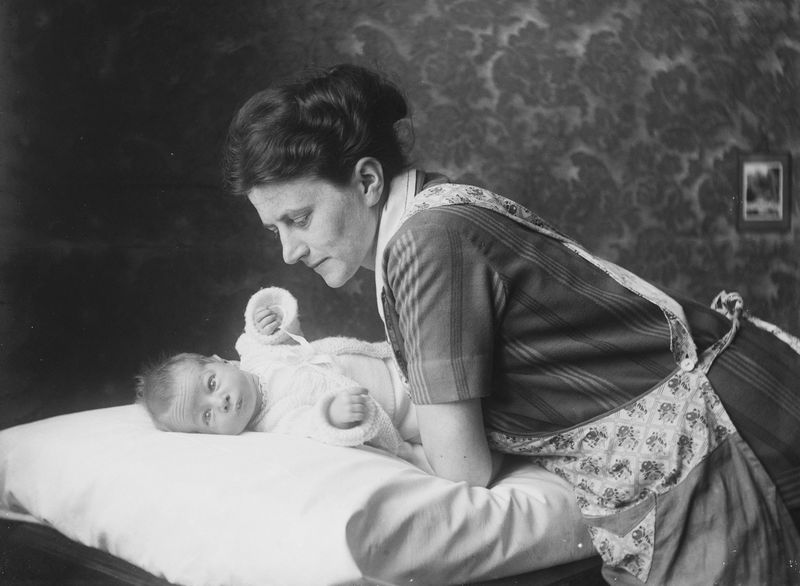
Agnes, a name that echoes through history, was once a common choice for baby girls. This name, meaning “pure,” carries a sense of virtue and innocence.
During the Victorian era, Agnes was a popular choice among parents seeking a name with religious significance. However, its usage has declined significantly in the modern age.
Despite its vintage charm, Agnes is often seen as too old-fashioned for today’s naming trends. It remains a name associated with grandmothers and bygone eras, making it less appealing to new parents seeking modernity.
2. Bertha
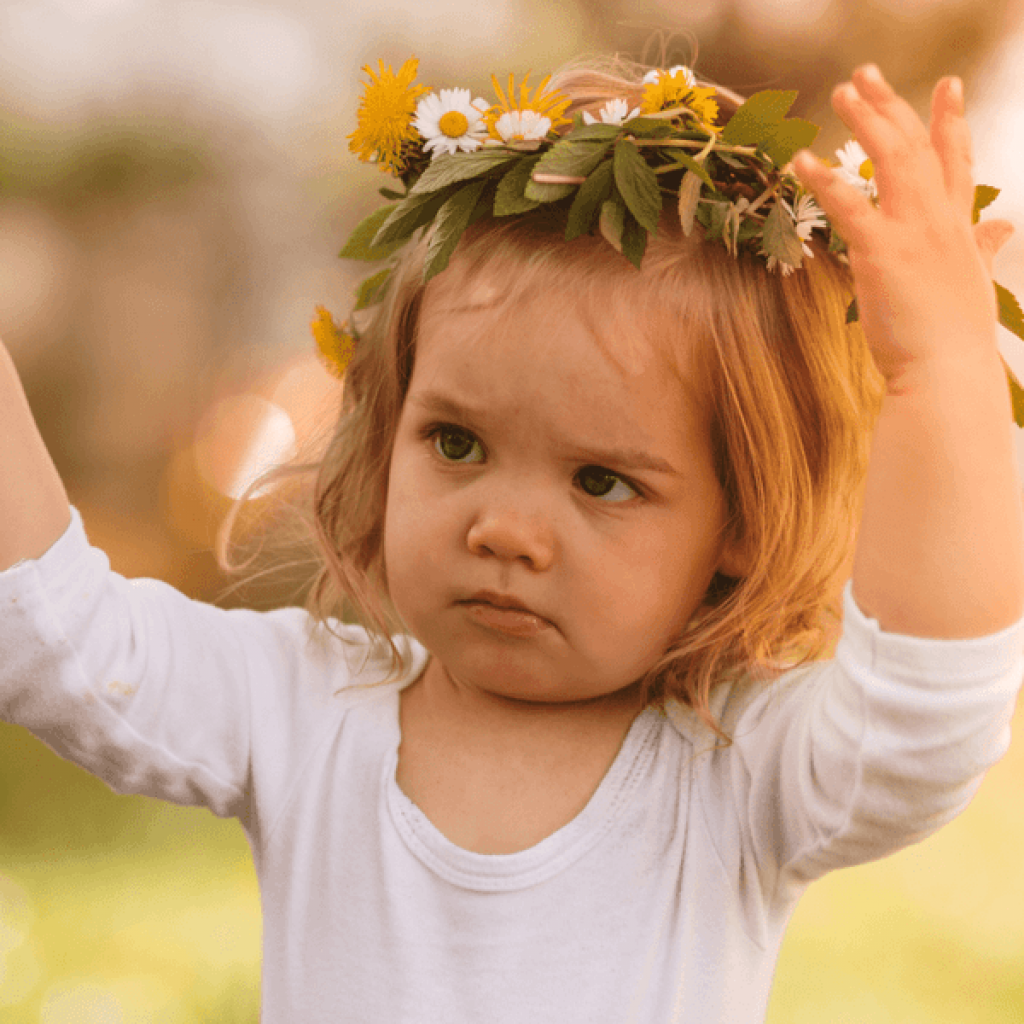
Bertha was once a symbol of might and power, derived from the Germanic word for “bright.” In the late 19th and early 20th centuries, it was a favored name for strong-willed daughters.
However, as decades rolled by, the name Bertha became synonymous with an older generation. It’s a name that no longer resonates with the youthful vibrancy parents seek today.
While Bertha may evoke images of resilience and strength, its outdated sound has seen it fade from birth certificates, replaced by fresher, trendier alternatives.
3. Clarence
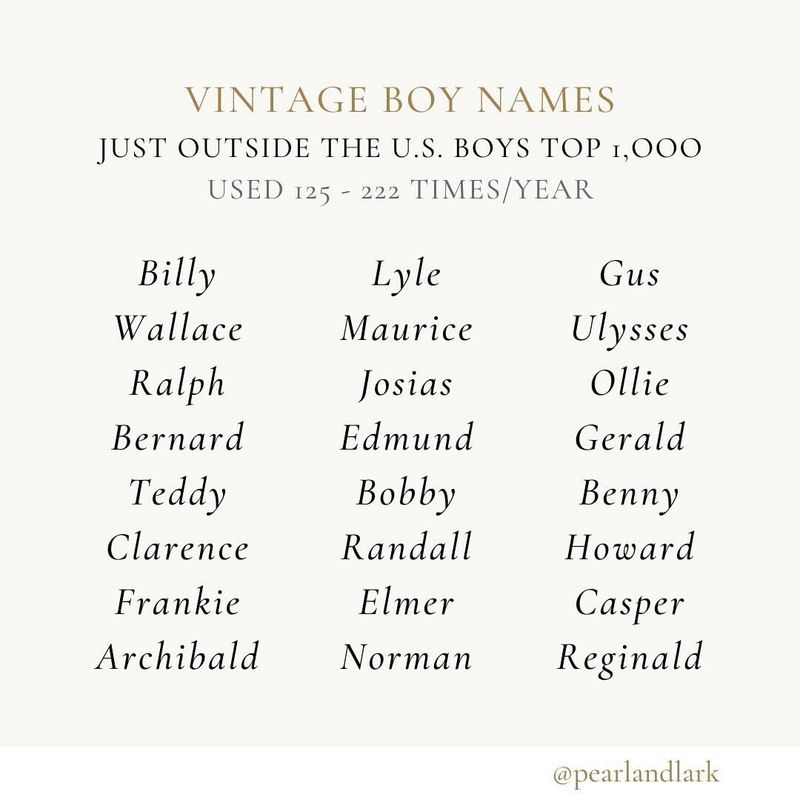
Clarence, a name that once graced many a young boy, exudes an air of refinement and nobility. Its meaning, “bright,” reflects its past popularity among those seeking a distinguished name.
In the early 20th century, Clarence was common, yet today it feels more fitting for a character in classic literature. The name’s formal nature no longer aligns with the casual naming trends of modern times.
Though Clarence carries a sense of history, its antiquated feel makes it less appealing to new parents who favor more contemporary choices for their children.
4. Ethel
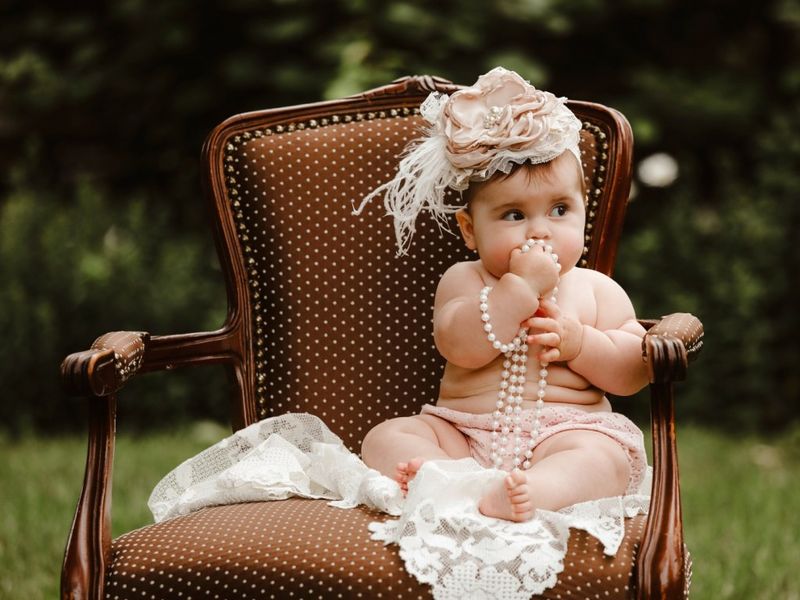
Ethel, meaning “noble,” was once a top choice for baby girls in the early 1900s. This name, imbued with a sense of dignity, graced many households then.
As time passed, Ethel became less common, partly due to its association with an older generation. The name’s quaint sound no longer aligns with contemporary naming conventions.
Despite its noble origins, Ethel has largely fallen out of favor as parents today opt for names that sound fresh and modern. Its charm remains a relic of a bygone era.
5. Gertrude
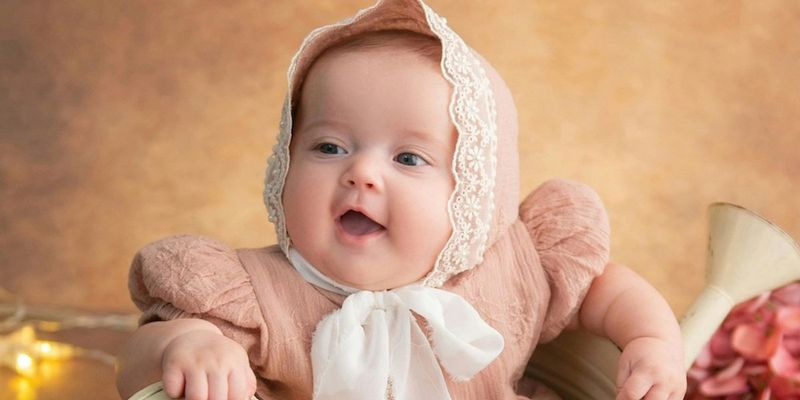
Gertrude, a name that invokes images of strength and resilience, stems from the German words for “spear” and “strength.” It was a popular choice in the early 1900s.
However, its harsh sound and old-fashioned feel have seen it decline in popularity. Today, Gertrude is often associated with older relatives, making it less desirable for new parents.
While it carries a sense of history and grit, Gertrude’s outdated appeal has caused it to fall from favor in a world increasingly drawn to softer, more melodic names.
6. Harold
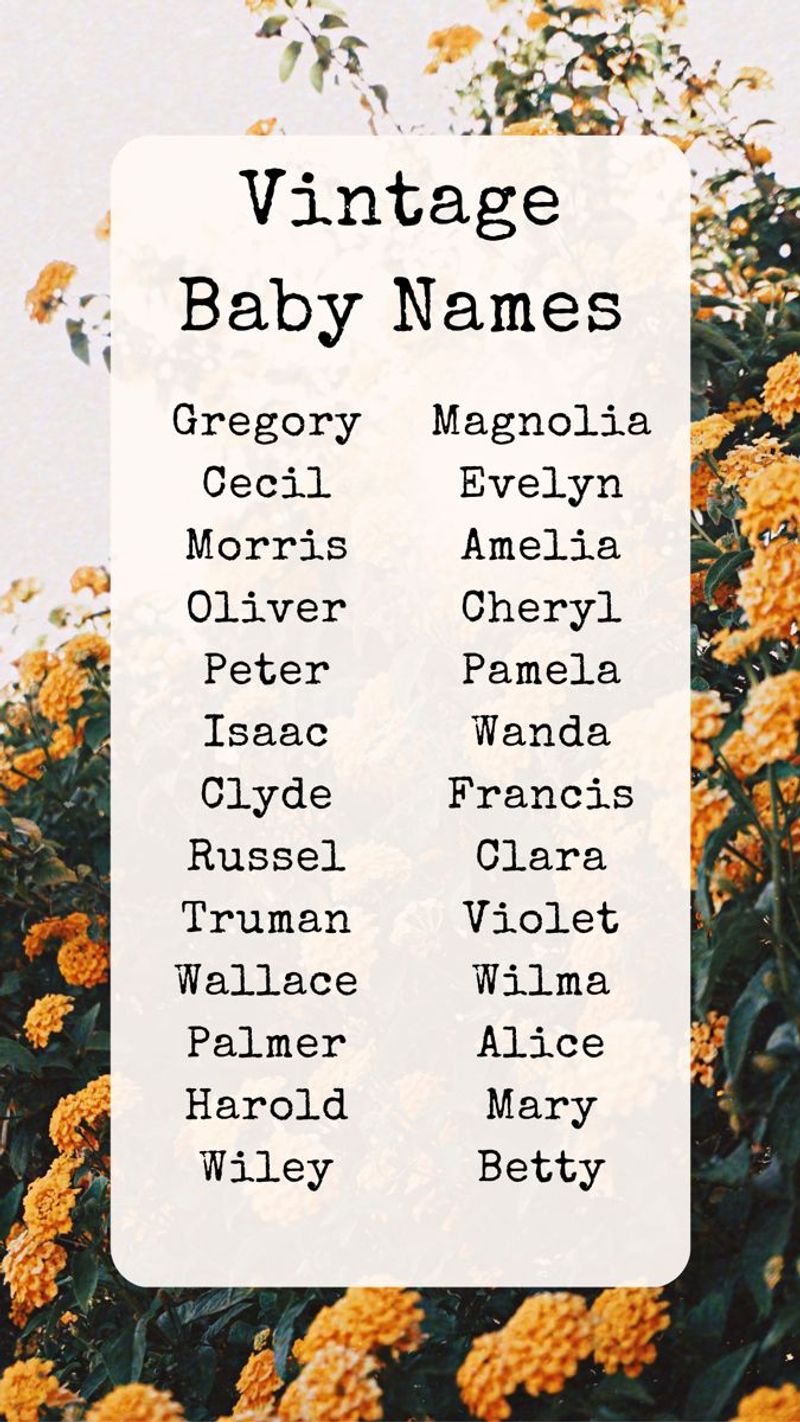
Harold, with its roots in Old English, means “army ruler,” and was once a popular choice for boys. In the mid-20th century, Harold was synonymous with a sense of leadership.
Over time, the name’s popularity waned as new generations sought names that mirrored the evolving cultural landscape. Harold’s classic charm now feels out of sync with modern preferences.
Though it still carries an air of authority, Harold’s historical vibe is overshadowed by a desire for names that are seen as more relevant and current.
7. Martha
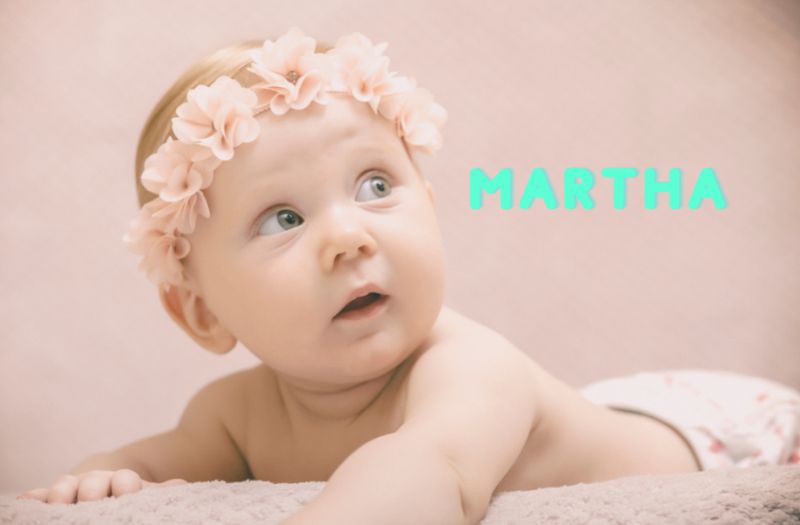
Martha, a name with biblical roots, means “lady” or “mistress.” It was once a staple among baby names, especially in the early to mid-20th century.
Today, Martha is viewed as having an old-fashioned charm that doesn’t quite fit the contemporary naming trends. Its association with earlier generations contributes to its decline.
While it has a nostalgic appeal and historical significance, Martha is often passed over for names that offer a fresher, more modern sound to new parents.
8. Mildred
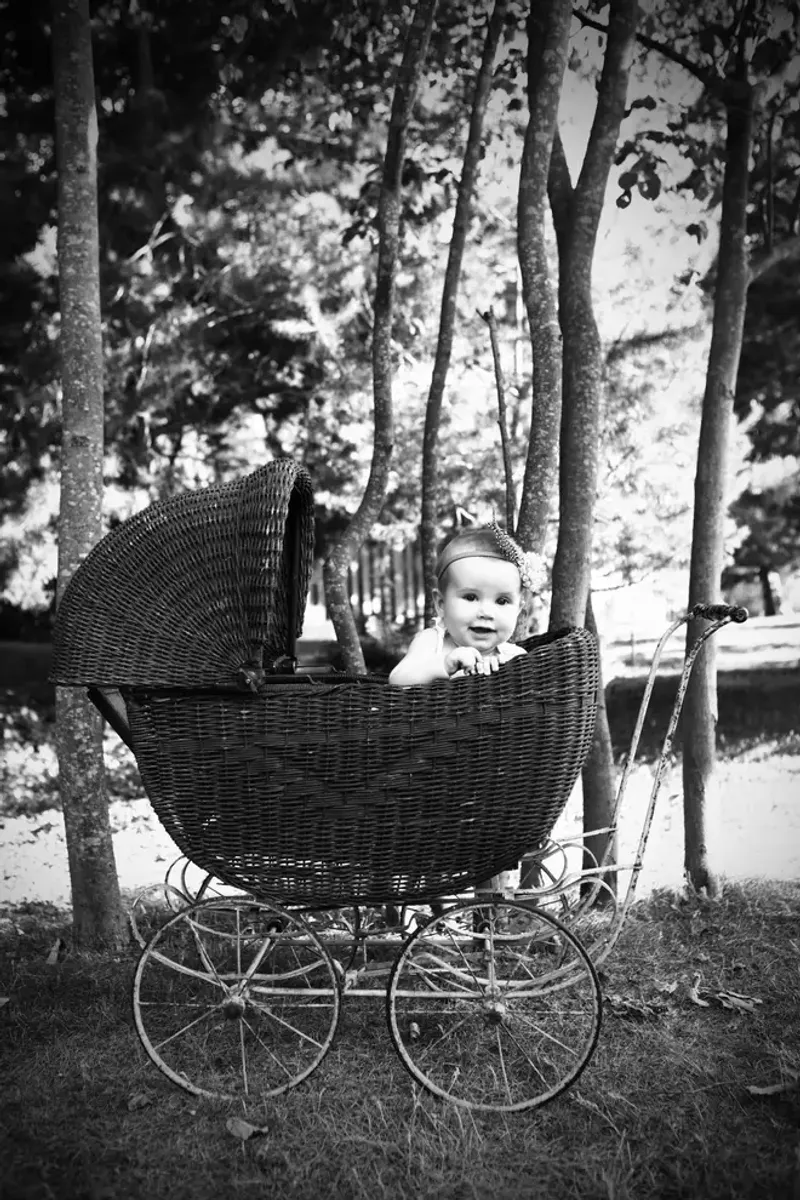
Mildred, meaning “gentle strength,” was a name that once resonated with parents seeking a blend of softness and resilience. In the early 20th century, it was quite fashionable.
However, as naming trends have shifted, Mildred’s quaint and old-world feel has led to its decline in use. It’s often viewed as too dated for the modern era.
While Mildred carries a quiet strength, its vintage charm is overshadowed by newer names that better align with current preferences and cultural changes.
9. Norman
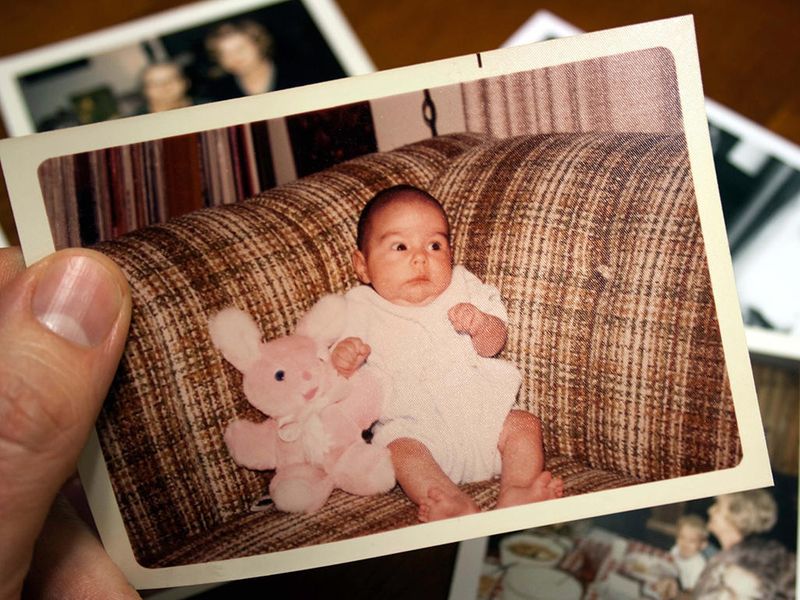
Norman, translating to “northern man,” was a common name in the mid-20th century. It exudes a sense of tradition and heritage, often chosen by parents valuing history.
As decades have passed, the appeal of Norman has diminished. Its association with an older generation makes it less appealing to new parents today.
Though Norman carries a certain classic charm, its dated sound has led to its decline as families opt for names that feel more vibrant and aligned with current trends.
10. Phyllis
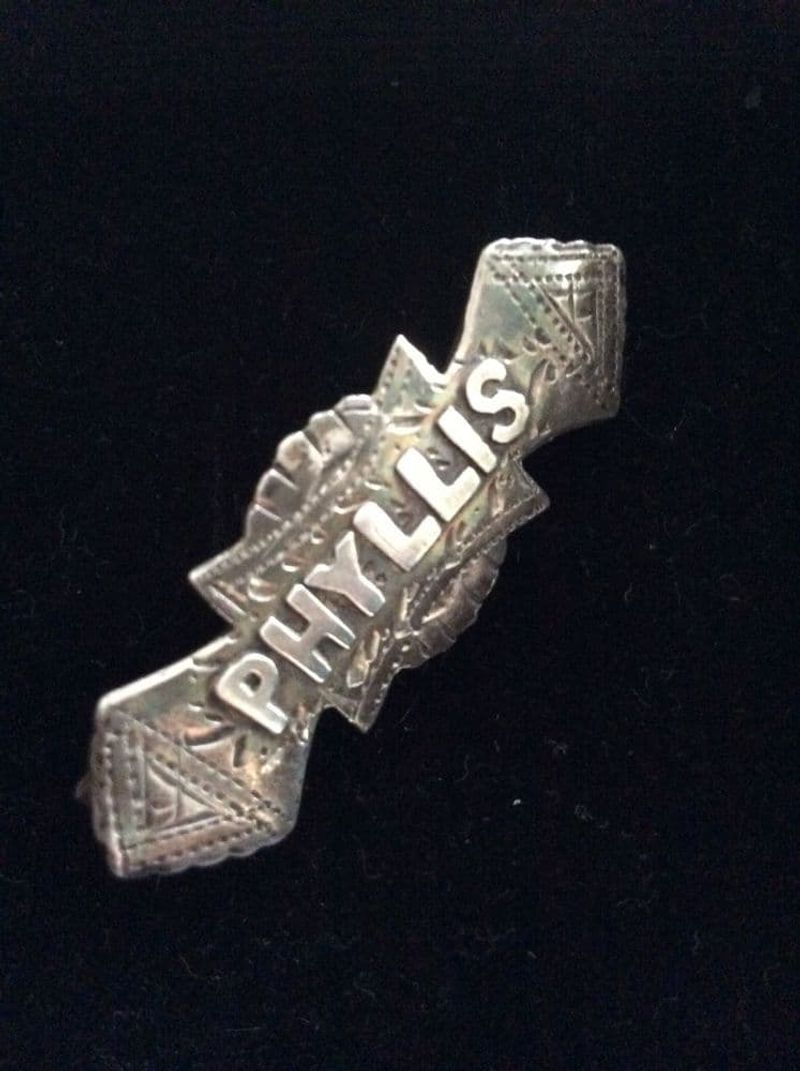
Phyllis, meaning “foliage,” was once a popular choice for baby girls, reflecting a connection to nature. It enjoyed its peak in the early to mid-20th century.
Today, Phyllis is often associated with previous generations, its sound considered too old-fashioned for today’s parents. The name’s vintage essence doesn’t quite fit modern sensibilities.
Though it evokes images of natural beauty, Phyllis is largely overlooked in favor of names that feel more contemporary and stylish, aligning with current naming preferences.
11. Ruth
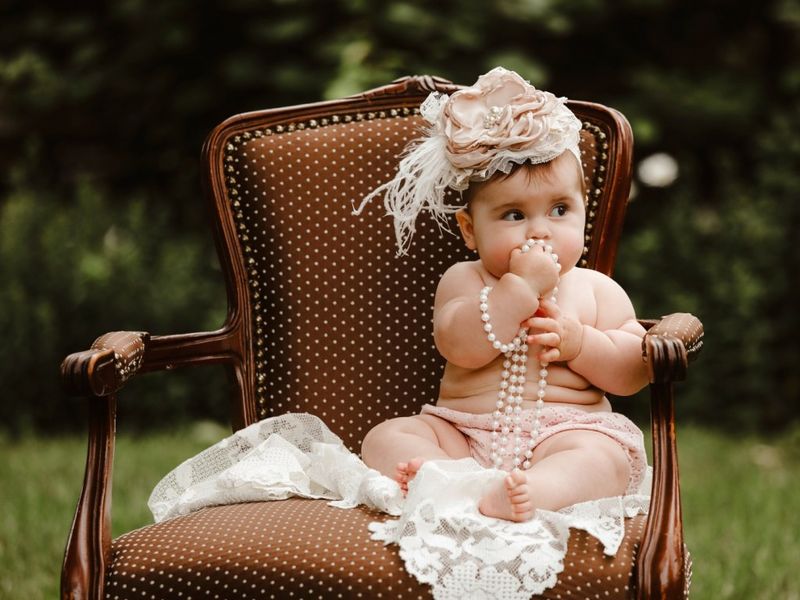
Ruth, a name with Hebrew origins meaning “friend,” was once a top choice for baby girls in the early 20th century. It represents loyalty and friendship.
Despite its historical significance, Ruth’s popularity has waned as newer names have emerged. It’s often seen as too closely linked to past generations.
While Ruth carries an enduring legacy, its traditional sound is now out of step with the more modern and innovative names that parents are drawn to today.
12. Walter

Walter, meaning “ruler of the army,” was a name that spoke of leadership and authority in the early 20th century. It was once quite prevalent among young boys.
However, the name has since fallen out of favor, considered too formal and old-fashioned by today’s standards. Walter’s historical associations don’t align with current naming trends.
While it retains a sense of tradition and strength, Walter’s quaintness is overshadowed by the appeal of names that are perceived as more dynamic and modern.

Mother of three and a primary school teacher. I’ve always loved being around children and helping them, so I chose my path as a teacher. It is sometimes hectic with three children, but I am 100 percent into it and wouldn’t change it for anything in the world.

